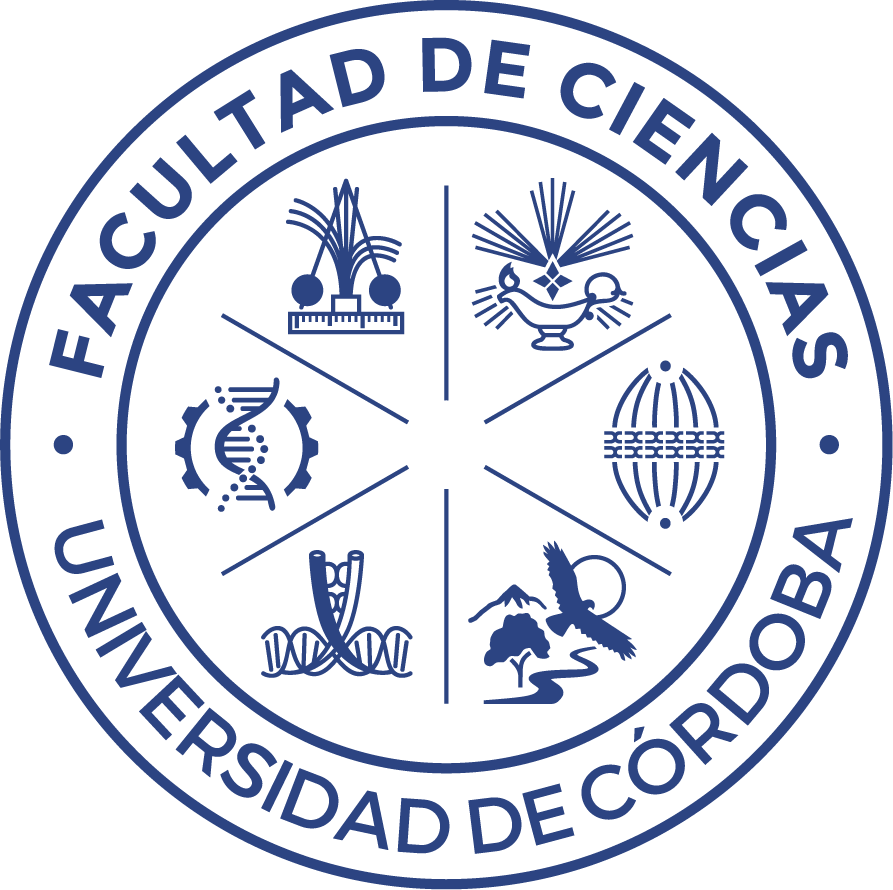The competences described below reflect the agreement of the Andalusian Commission of the Degree in Chemistry, which uses as a reference the White Paper of the Degree in White Paper (ANECA, 2004). In a more specific way, the basic competences included guarantee the provisions of the R.D. 1393/2007 (Annex I, section 3.2).
“At least the following basic competencies shall be guaranteed, in the case of the Degree, and those others that appear in the Spanish Qualifications Framework for Higher Education, MECES:
Student's possession and understanding of knowledge in an area of study that builds on the foundation of general secondary education, and is usually at a level that, while relying on advanced textbooks, also includes some aspects that involve knowledge from the cutting edge of their field of study;
Student's know-how to apply their knowledge to their work or vocation in a professional manner and possession of the skills usually demonstrated through the development and defense of arguments and problem solving within their area of study;
Student's ability to gather and interpret relevant data (usually within their area of study) to make judgments that include a reflection on relevant social, scientific or ethical issues;
Student's ability to convey information, ideas, problems and solutions to both specialized and non-specialized audiences;
Student's development of the learning skills required to undertake further studies with a high degree of autonomy.”
- Capacity for analysis and synthesis.
- Organizational and planning skills.
- Oral and written communication in the native language.
- Knowledge of a foreign language.
- Ability to manage data and generate information/knowledge.
- Problem solving.
- Ability to adapt to new situations and make decisions.
- Teamwork.
- Critical Reasoning.
- Ability to learn autonomously for continuous professional development.
- Sensitivity to environmental issues.
- Ethical commitment.
- Proof of the use and command of a foreign language.
- Knowledge and improvement of user-level ICTs.
- Promotion of active job search habits and entrepreneurial skills.
- Ability to show knowledge of main aspects of chemical terminology, nomenclature, conventions and units.
- Ability to show knowledge of the main types of chemical reactions and the main characteristics associated with each of them.
- Ability to show knowledge of the principles and procedures used in chemical analysis and characterization of chemical compounds.
- Ability to show knowledge of the main techniques of structural investigation, including spectroscopy.
- Ability to show knowledge of the characteristics of the different states of matter and the theories used to describe them.
- Ability to show knowledge of the principles of quantum mechanics and their application in the description of the structure and properties of atoms and molecules.
- Ability to showknowledge of the principles of thermodynamics and its applications in chemistry.
- Ability to show knowledge of the kinetics of chemical change, including catalysis. Ability to interpret chemical reactions in a mechanistic way.
- Ability to show knowledge of the variation in the characteristic features of chemical elements and their compounds, including recognition of relationships in groups and trends in the Periodic Table.
- Ability to show knowledge of the structural aspects of chemical elements and their compounds, including stereochemistry.
- Ability to show knowledge of the properties of aliphatic, aromatic, heterocyclic and organometallic compounds.
- Ability to show knowledge of the nature and behavior of functional groups in organic molecules.
- Ability to recognize the main synthetic routes in organic chemistry, including the interconversion of functional groups and the formation of carbon-carbon and carbon-heteroatom bonds.
- Ability to show knowledge of the relationship between macroscopic features and properties of individual atoms and molecules: including(natural and synthetic) macromolecules, polymers, colloids and other materials.
- Ability to show knowledge of the structure and reactivity of the main classes of biomolecules and the chemistry of main biological processes.
- Ability to show knowledge of instrumental techniques and their applications.
- Ability to show knowledge of unit operations in Chemical Engineering.
- Ability to show knowledge of chemical process metrology including quality management.
- Ability to organize, direct and execute chemical laboratory and production tasks in complex industrial facilities where chemical processes are developed. Additionally, to design the work methodology to be used.
- Study, properties and applications of materials.
- Ability to show knowledge and understanding of the essential facts, concepts, principles and theories related to Chemistry.
- Ability to apply this knowledge to the resolution of qualitative and quantitative problems according to previously developed models.
- Competence to evaluate, interpret and synthesize chemical data and information.
- Ability to recognize and carry out good practices in scientific work.
- Competence to present, both in written and oral form, scientific material and argumentation to a specialized audience.
- Skill in handling and computer processing of chemical data and information.
- Ability to safely handle chemical materials, taking into account their physical and chemical properties, including any specific hazards associated with their use.
- Ability to carry out standard laboratory procedures involved in analytical and synthetic work, in relation to organic and inorganic systems.
- Ability to observe, monitor and measure properties, events or chemical changes, and to systematically and reliably record the corresponding documentation.
- Ability to handle standard chemical instrumentation, such as the tools used for structural investigations and separations.
- Interpretation of data from laboratory observations and measurements in terms of their significance and supporting theories.
- Ability to perform risk assessments related to the use of chemicals and laboratory procedures.

